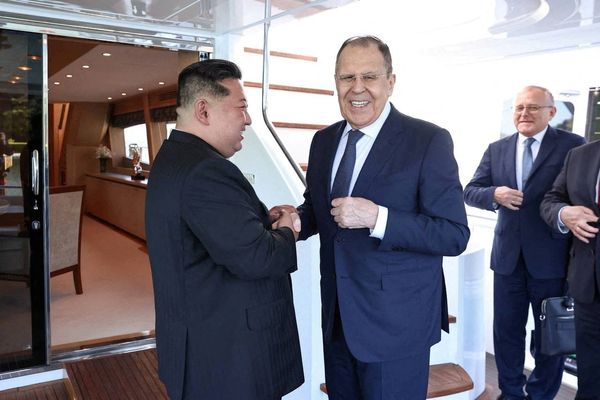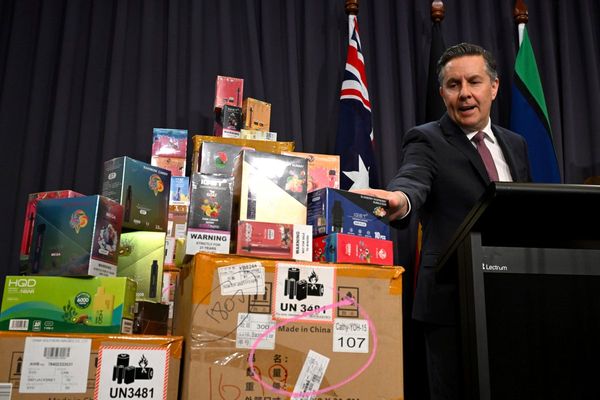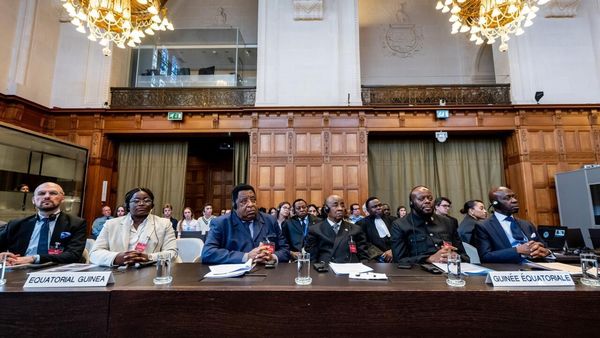
‘I am Music,” Cecilia Bartoli sang at the start of this beautiful concert, in which she joined Philippe Jaroussky and the Ensemble Artaserse – the period band he co-founded in 2002 – for a recital of 17th-century Italian arias, duets and instrumental works. The words come from the prologue to Monteverdi’s Orfeo, and the 450th anniversary of the composer’s birth was marked with a programme that placed his work alongside that of his successors Francesco Cavalli and Agostino Steffani. Jaroussky sang the prologue’s second stanza, with its Platonic imagery of music as a reflection of divine harmony. This was very much an even-handed affair, in which neither singer assumed prominence.
Both singers are, of course, at home in the 17th-century repertory. Bartoli’s declamatory way with words ensured immaculate recitative and carefully shaded arias and arioso. Although this is music that keeps her away from the much-exploited extremes of her range, there were vocal fireworks, above all in A Facile Vittoria, from Steffani’s Tassilone, where her coloratura flashed and flickered with pin-prick accuracy. But great singing need not be overtly flamboyant, and it was her treatment of the long, unfolding lines of Amami e Vederai, from Steffani’s Niobe, poised and wonderfully nuanced, that particularly took one’s breath away.
Jaroussky’s high countertenor has gained a touch of metal in the tone since I last heard him, adding to his considerable expressive range. There was intensity and elegance in laments from Cavalli’s Eliogabalo and Erismena. Wit combined with grace in Ombra Mai Fu, from the same composer’s Xerse. Above all, their voices blended together wonderfully in the duets. The close harmony coloratura of Combatton Quest’alma, from Steffani’s I Trionfi del Fato and Zefiro Torna from Monteverdi’s Scherzi Musicali was exquisitely dexterous, and a sensual fervour characterised the closing scene from Monteverdi’s L’Incoronazione di Poppea, though the central section was fractionally too swift for my taste.
Ensemble Artaserse, meanwhile, played with virtuosity, really coming into their own in music by Uccellini and Legrenzini when Jaroussky and Bartoli were away from the platform. The cornettists were spectacular throughout, and the ensemble’s leader, Alessandro Tampieri, gave us Mealli’s Sonata La Biancuccia, an utterly beguiling work, splendidly performed and another of the evening’s many high points.







